India celebrates Diwali, the festival of lights
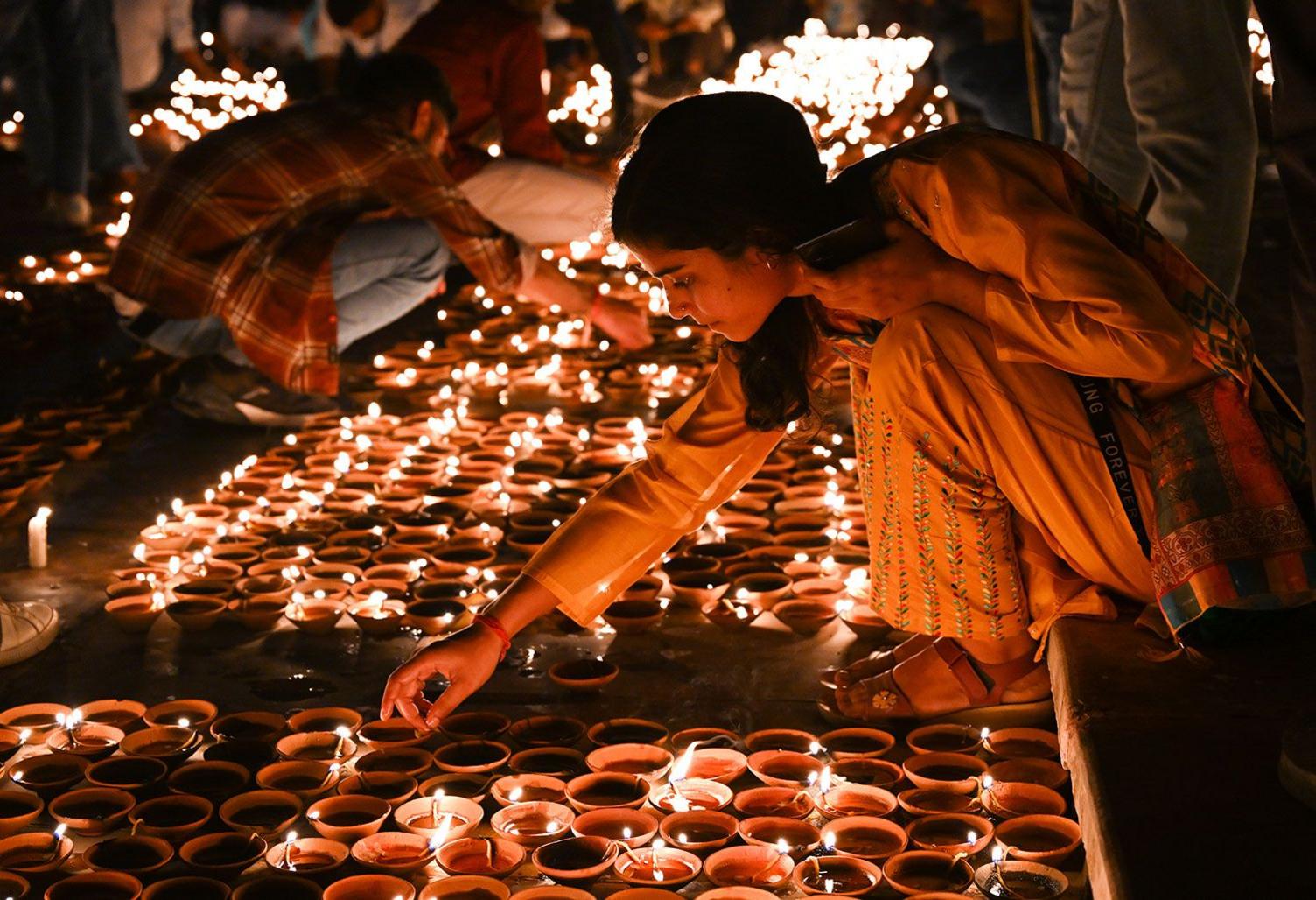
Diwali is one of the most important festivals in the Hindu calendar - these pictures are from last year's celebration
- Published
Millions of Indians are celebrating Diwali, the festival of lights and one of the most important events in the Hindu calendar.
The annual festival tends to fall between October and November, but the exact date varies each year as the Hindu calendar is based on the Moon.
This year, Diwali is being celebrated on Thursday, but some parts of the country will observe the festival on Friday.
People light oil lamps and candles on the day to symbolise the triumph of light over darkness and good over evil.
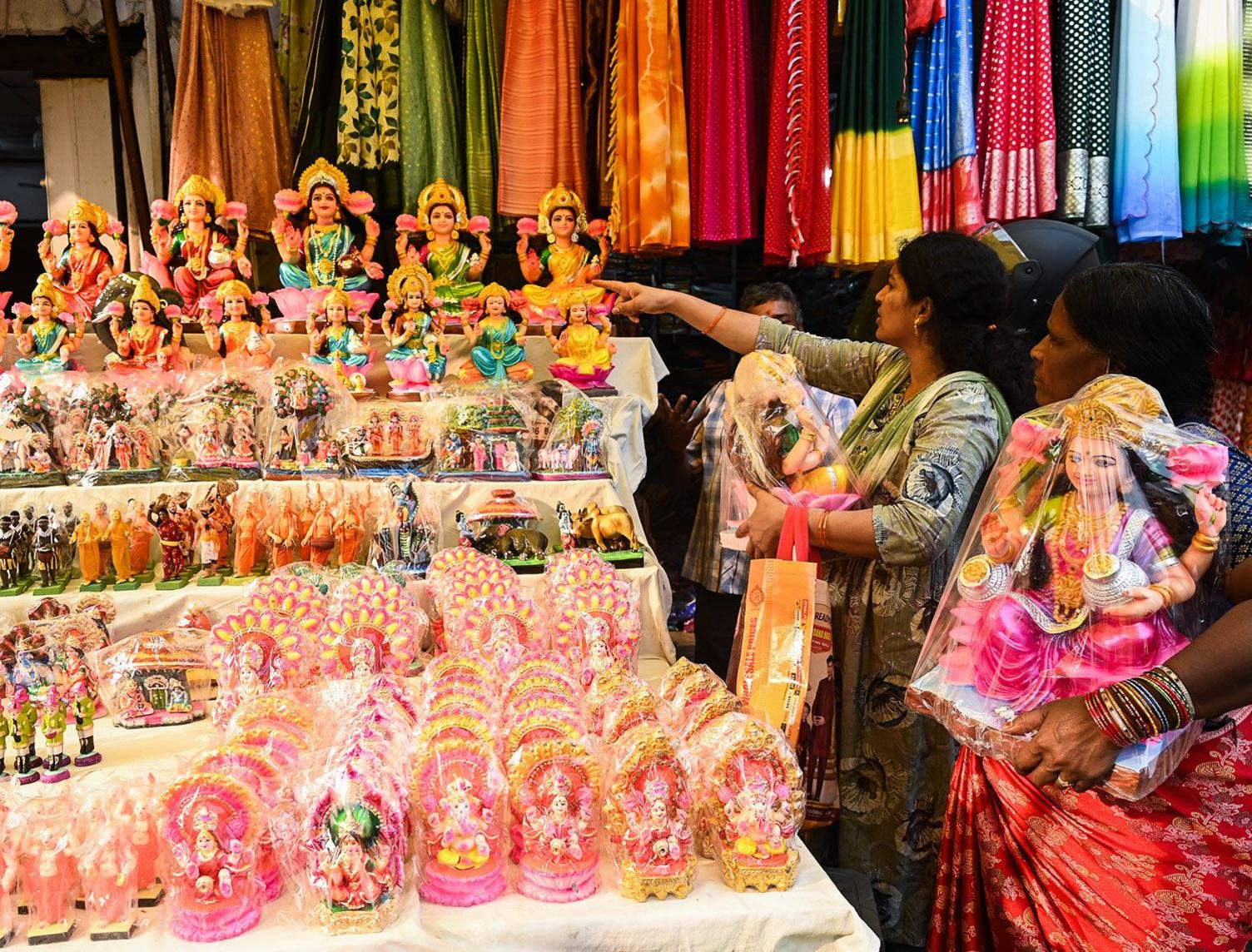
Many Hindus worship Lakshmi, the goddess of wealth, on Diwali
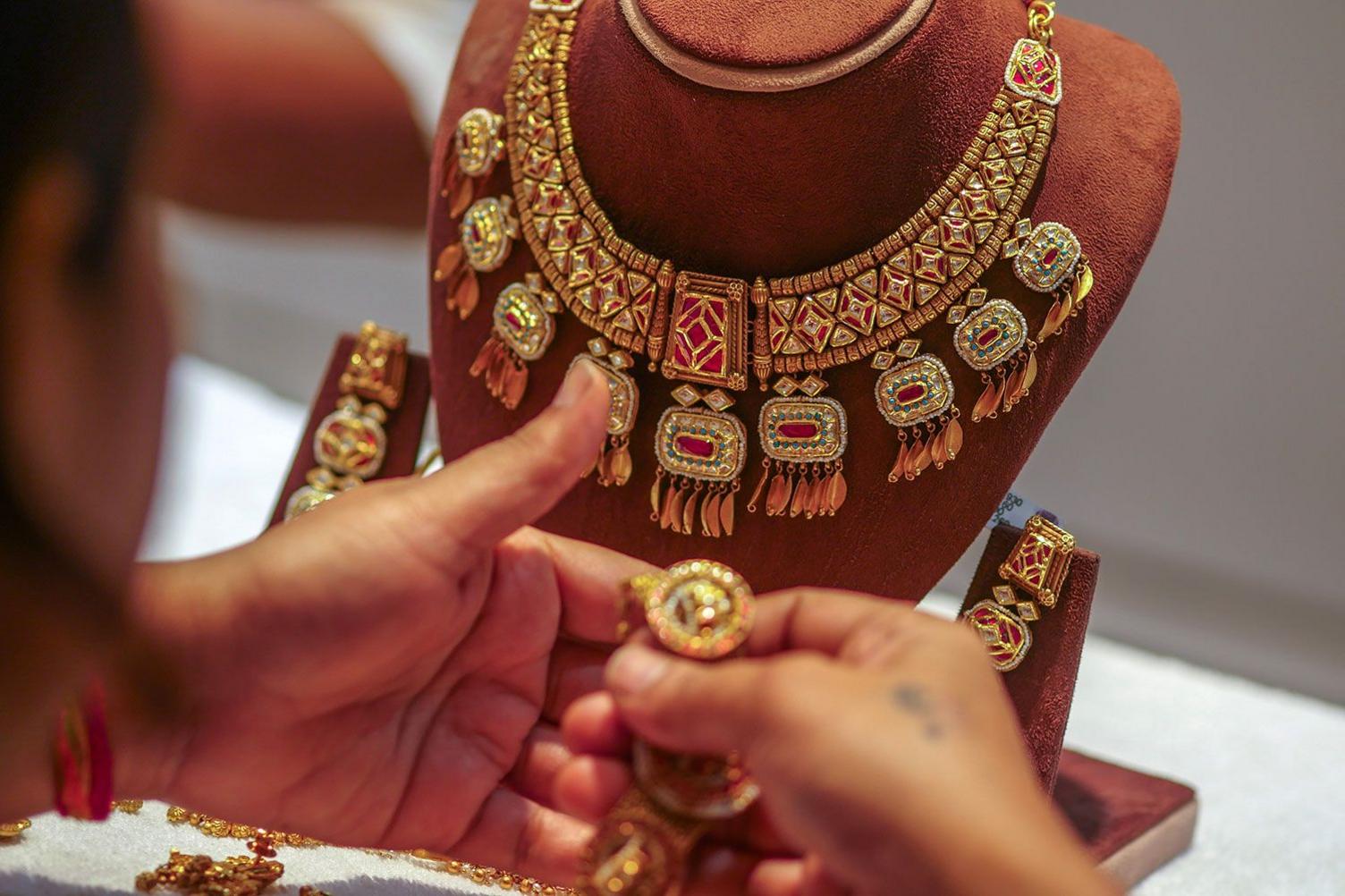
A few days before the festival comes Dhanteras - a day when people buy gold, silver or even new metal utensils as it is believed to bring wealth and good luck into the household
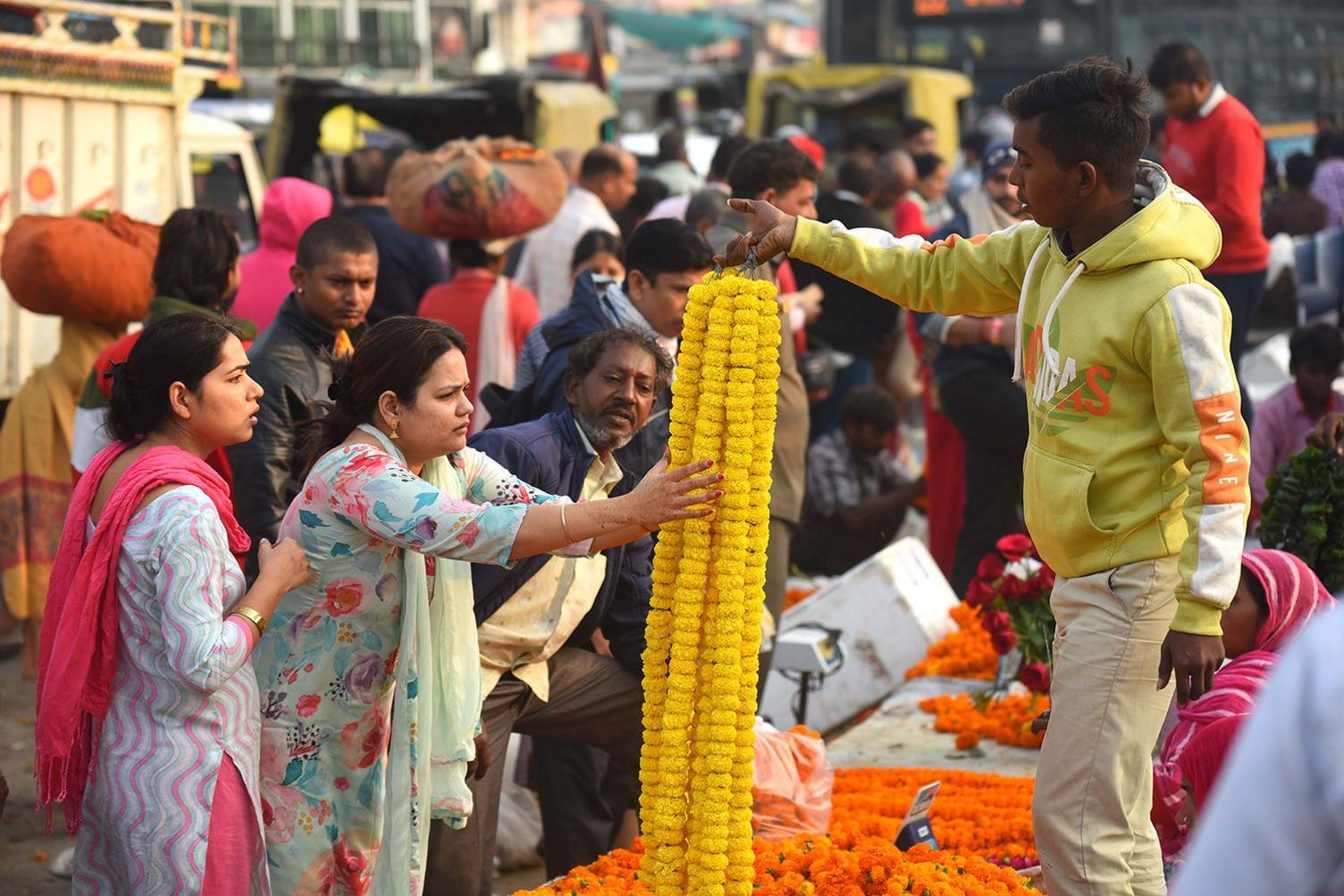
During the festival, homes, offices and streets are decorated with garlands of flowers
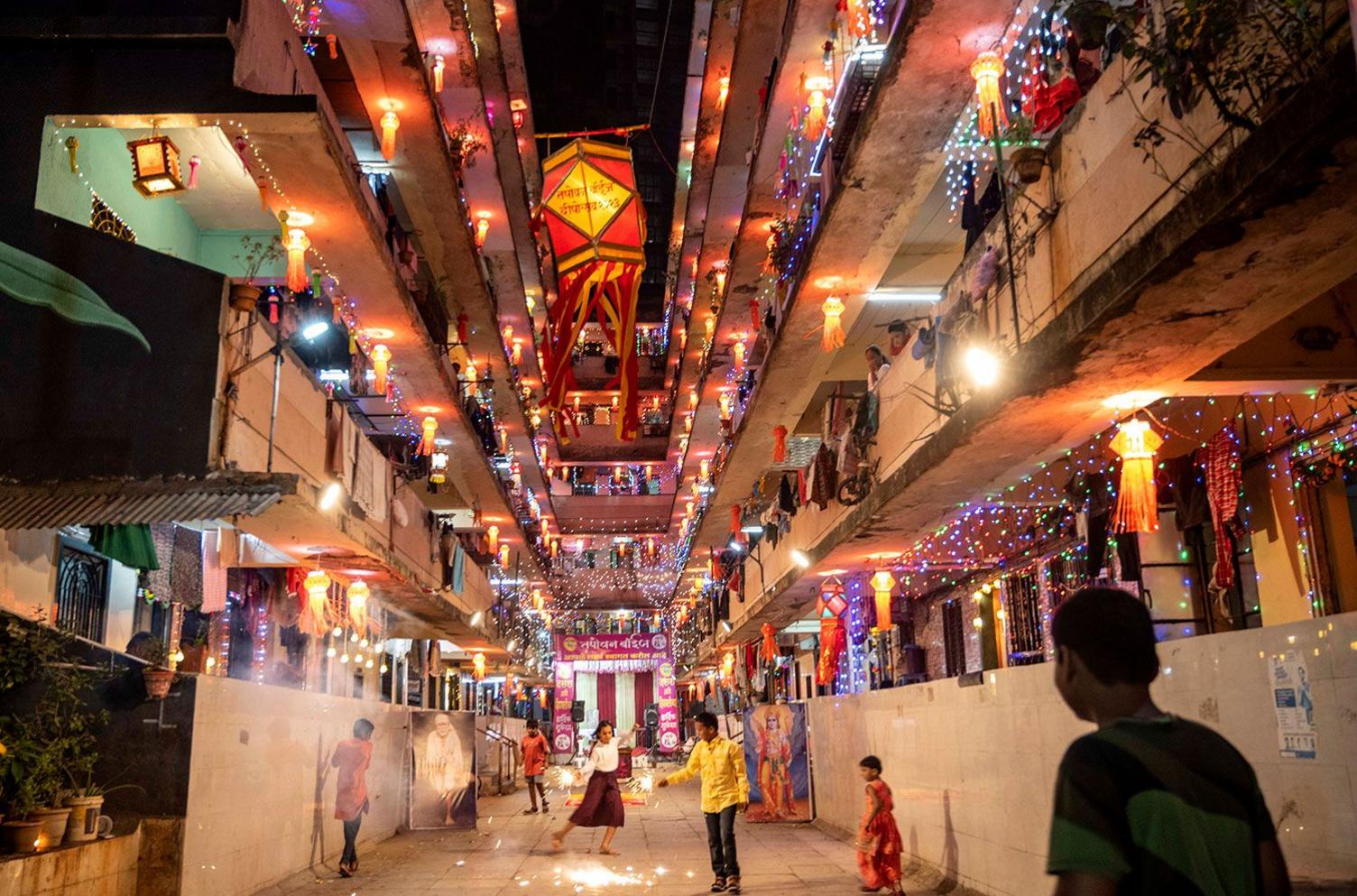
Lights and lamps brighten up lanes and bylanes
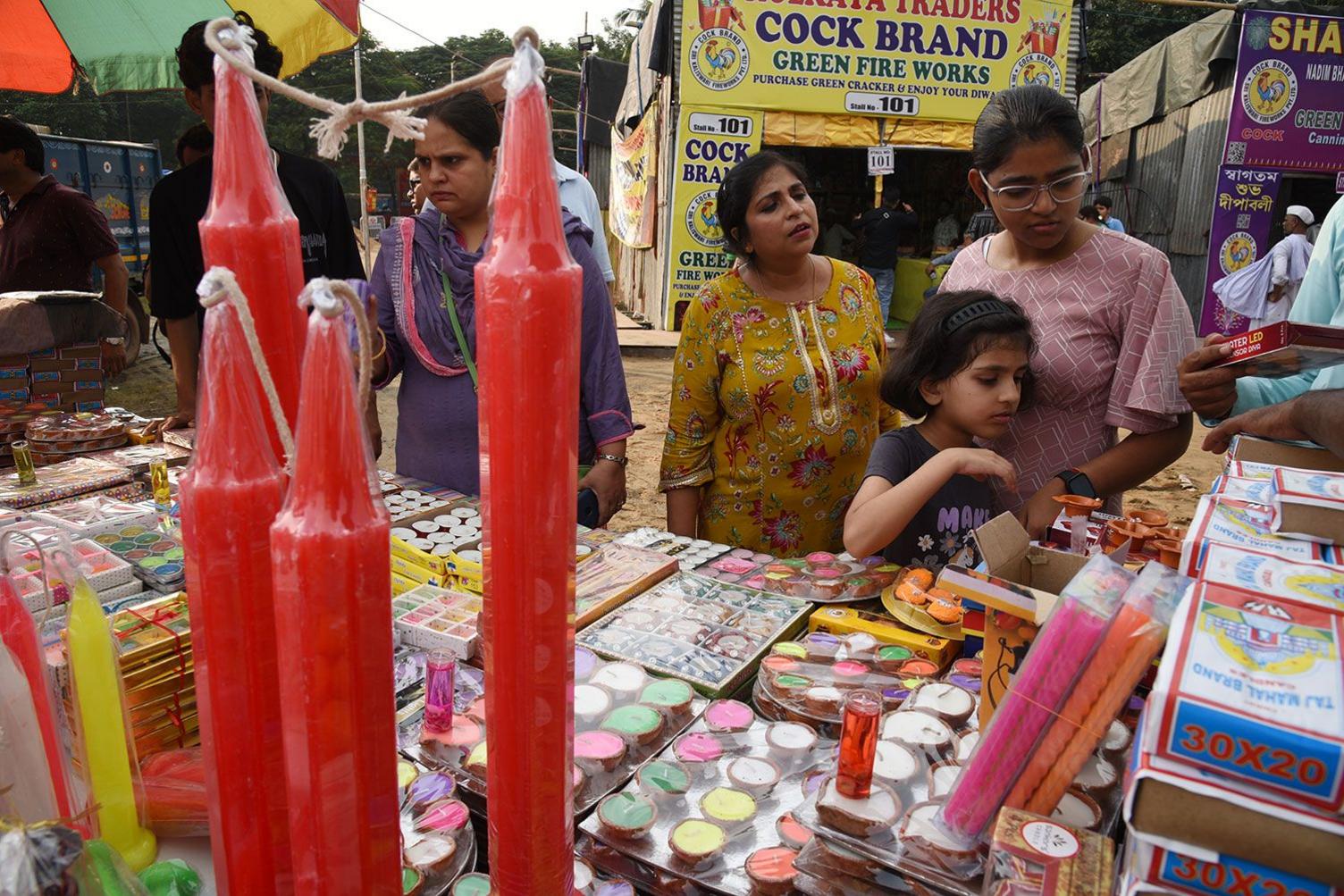
People light oil lamps and candles to symbolise the triumph of light over darkness
In the lead up to Diwali, people clean and organise their homes. New clothes are bought and sweets and gifts are exchanged with friends, families and neighbours.
Many draw traditional designs like rangoli - made using colourful powders - outside their doors to welcome luck and positivity.
On this day, families worship Lakshmi, the Hindu goddess of wealth.
Lamps are lit and windows and doors are left open to help the goddess find her way into people's homes.
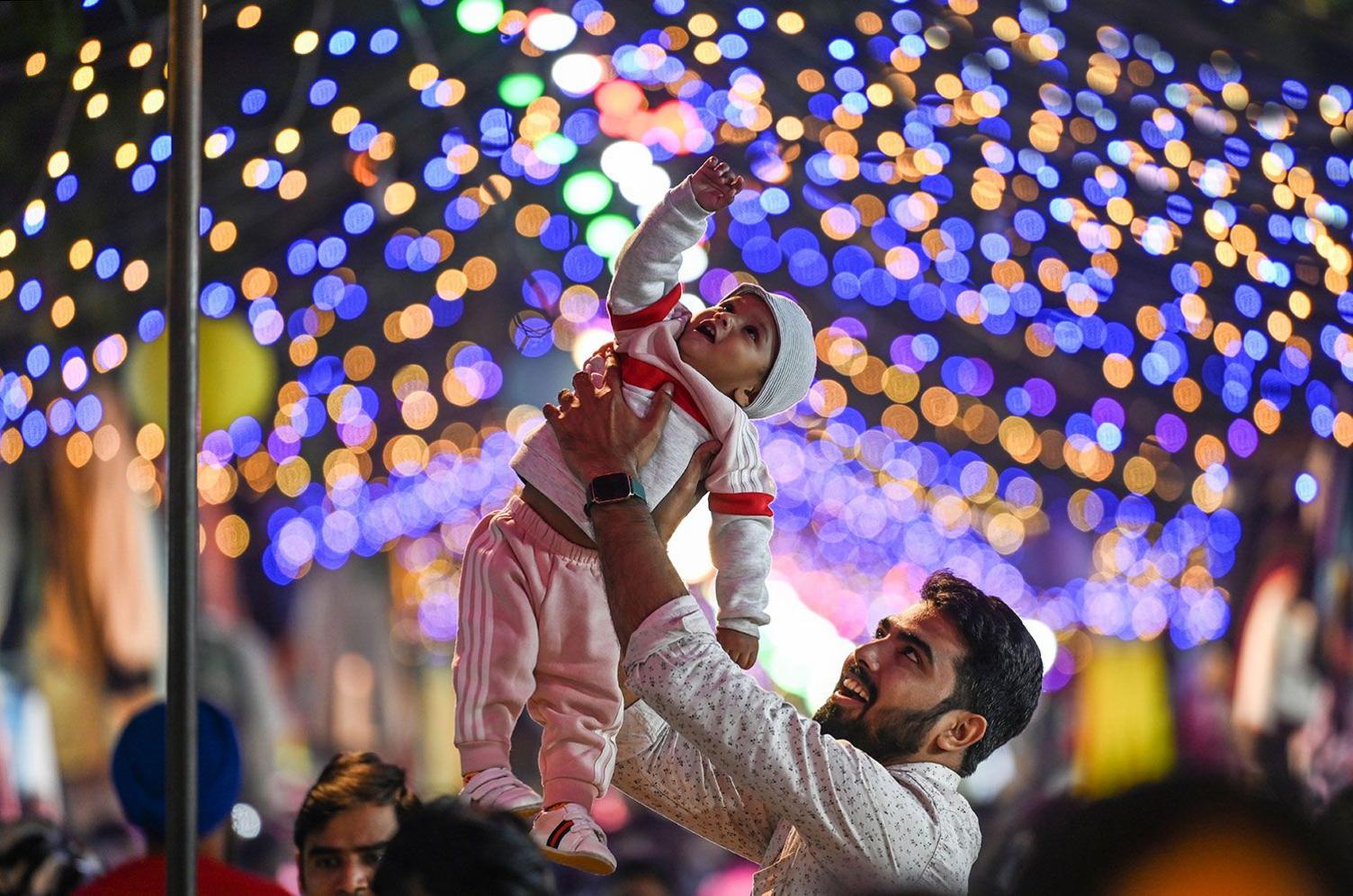
People dress up in their finest clothes to celebrate Diwali...
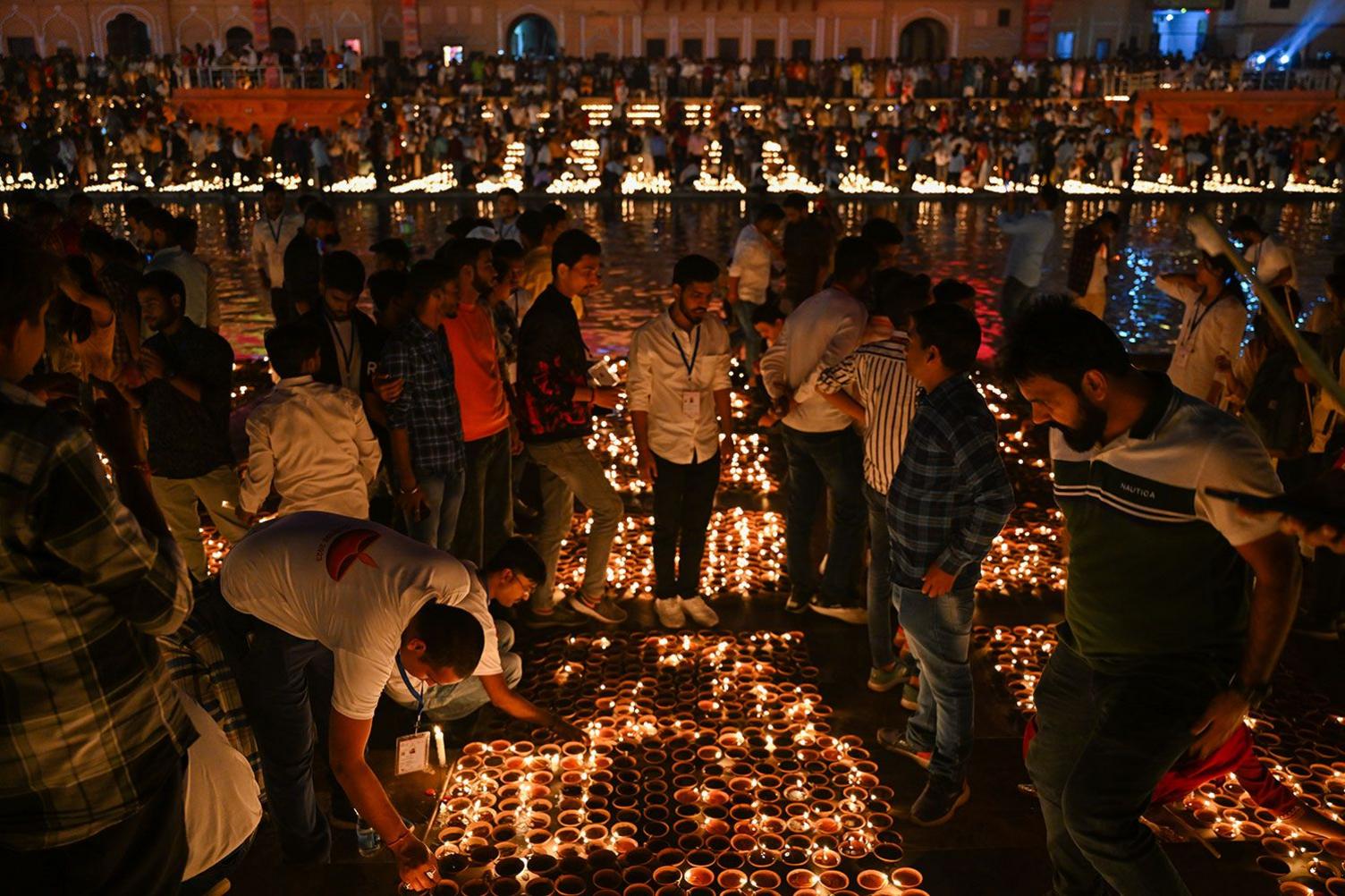
...and gather with friends and family to pray, exchange sweets and gifts
Fireworks are also a big part of the celebrations but in recent years, several state governments have imposed curbs or banned the practice as northern Indian states grapple with severe air pollution.
There is a complete ban on sale and use of firecrackers in the capital, Delhi, during the festival while states like Haryana, Punjab and Karnataka have limited firecracker use to specific hours on Diwali evening.
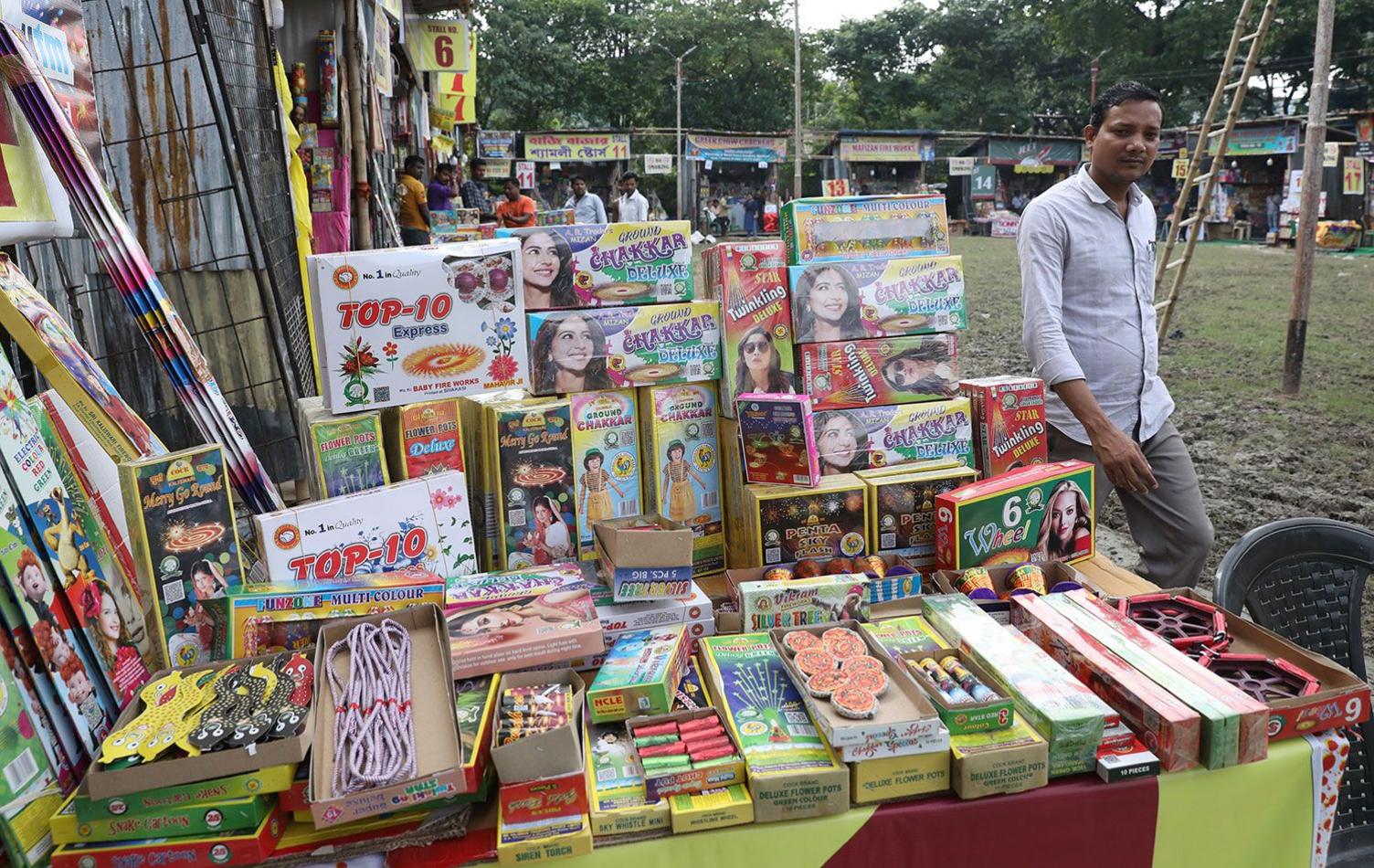
Bursting firecrackers is a popular part of the festivities
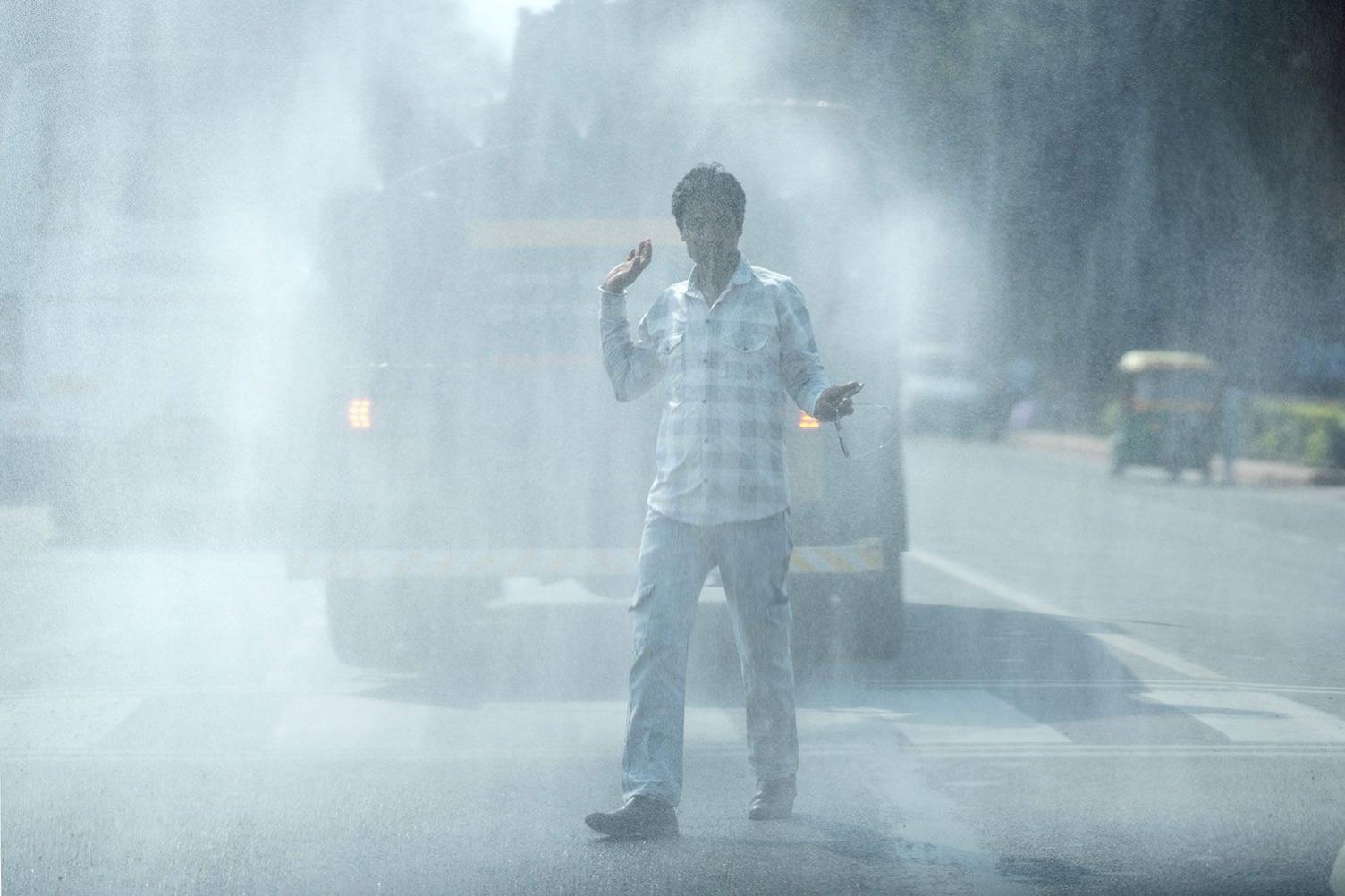
But authorities have been cracking down on firecrackers as pollution levels increase in northern India
Follow BBC News India on Instagram, external, YouTube, external, Twitter, external and Facebook, external.